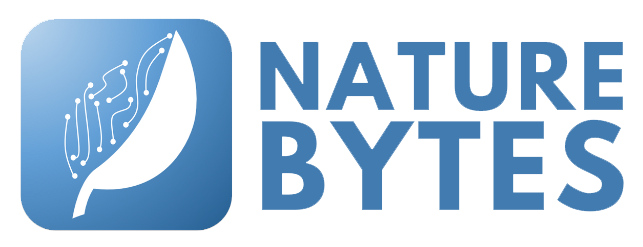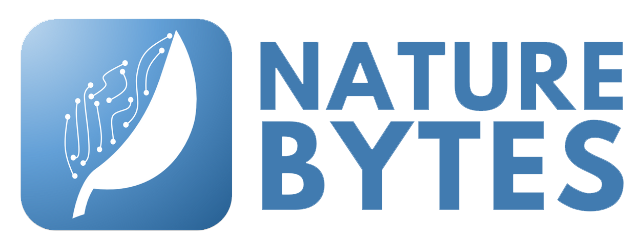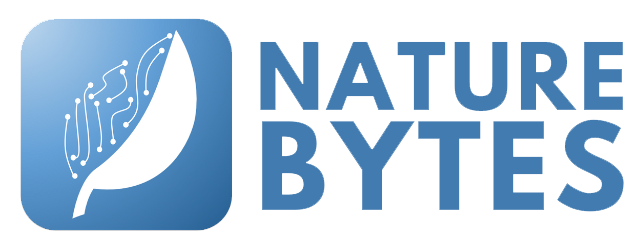Introduction
If you are a student looking to take up higher studies, then you must have heard about the loans that are offered by banks and other financial institutions. These loans can be helpful in many ways and help students pursue their dreams of going to college or university without any financial worries. In this article, we will discuss some important points related to education loan eligibility criteria, interest rates, charges, etc., so that when it comes time for you to apply for such a loan (if needed), everything will be clear to you!
In other words, we can say that an education loan is the amount of money taken to pay for college or university or academic expenses during the year. Education loan is also known as “Vidhya Lakshmi”.
Eligibility criteria for applying for an Education loan
The minimum age for applying for a student loan is 18 years. The maximum age for applying for a student loan is 60 years (for those who are 60 years or older). However, you can apply even if you have less than Rs. 1 lakh in your bank account and/or earn less than Rs. 10 lacks per annum—the amount will be credited to your account only after verification of all financial details by the government’s income tax department (ITD).
The maximum amount that can be borrowed under the scheme is Rs. 7 lakhs, which will be paid in installments over a period of four years after graduation.
Read More: How to go about getting a personal loan buy Cheyenne
How do education loans work?
The student applies for a loan and receives money from the lender. The borrower then pays this amount with interest, usually in monthly or quarterly payments. The lender will also charge fees for processing your transaction, as well as making sure that your payment arrives on time every month (or quarter).
Find out which are the top banks offering education loans
If you want to apply for an education loan, it is best that you apply through a bank that offers one. The reason for this is that some other lenders may not offer such facilities or may charge a high-interest rate on them (which could eventually lead to exceeding your budget).
If you are not sure which banks provide education loans, you can look at the websites of these banks. You will be able to see which banks provide education loans and what their eligibility criteria are. If you want to apply for an education loan, it is best that you apply through a bank that offers one.
Apply for an education loan either online mode or via a bank branch
If you are looking for an education loan, there are different options that can be explored. You can either apply for it online or via a bank branch. Online mode is faster, more convenient, and more secure than the traditional method of applying for a loan in person at your local bank branch. However, if you choose to go through this route, it will be more expensive as there will be an interest rate charged on top of what you pay as the principal amount toward your loan repayment schedule.
Online applications are also available 24×7 which means that no matter what time zone you live in or even when there’s no electricity in your home country due to blackout conditions because there might not be any internet connection at all during these times due to planned power cuts etc., then still have access through smartphones/tablets connected wirelessly through cellular towers.
Via offline mode
You can apply for an education loan in offline mode by submitting a printed copy of the application form. The form can be submitted at any bank branch, post office, and State/District Education Department. The applicant has to pay an application fee of Rs 500/- for each type of loan (medical or non-medical).
The applicant should send the printed copy of their loan application along with necessary documents and fees in the prescribed format by post or courier service within 15 days from the date of receipt of this circular on behalf of the concerned bank branch.
Read More: How to get Instant Loan with a bad Credit Score
Documents required for an Education loan
You must have the following documents to apply for an education loan:
- Birth certificate
- Passport
- Address proof (like electricity bill)
- Income proof (like income tax return form)
- Identity proof
- Aadhar card
- Passport size photos
- Agreement Form
Check the interest rates and other charges on education loans
If you have to borrow money for your education, it is important that you check the interest rates and other charges on an education loan. It is also important to know about fees charged by different lenders or loan companies.
- Interest Rate: The interest rate of an education loan varies depending on your location and financial situation. You can compare different loans with different banks or companies in order to find out what kind of interest rate they offer for their loans.
- Other Charges: Other charges incurred during repayment may include late payment fees, default penalties, renewal charges, etc., which are added to the principal amount of your student loan every month until you pay them off completely.
Also, the lender may also charge a processing fee for processing your application. Other than these, there are no other charges that you have to pay during the repayment period.
Rate of interest
The rate of interest on education loans depends on banks and typically ranges around between 9% and 15%. The bank in discussion will usually grant a getaway or temporary ban on interest charges. This limitation period is usually between 6 months after you find a job and a year after you finish your course successfully, whichever comes initially. An education loan EMI calculator will allow you to calculate your Instalments. The EMI is determined as of the end of the waiting period. Some financial institutions will even give women candidates a special discount on their loan amount.
Conclusion
You should also keep in mind what kind of loan options are available at each institution (and their interest rates). For example, some private universities may offer low-interest loans while others only offer federal Stafford Loans or Perkins Loans with high APRs (annual percentage rates).








